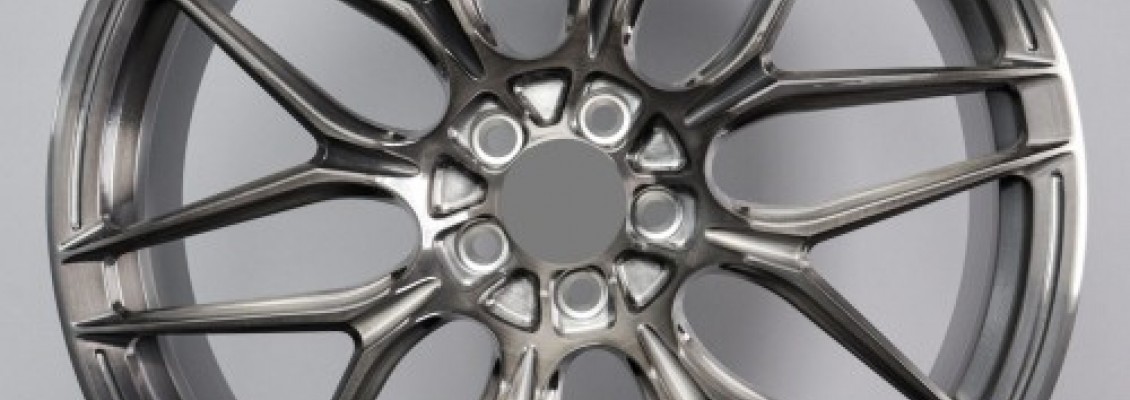

Lightweight: Aluminum alloy has a lower density, making forged aluminum wheels lighter than traditional steel wheels. Lightweight design can reduce vehicle weight, improve fuel efficiency, and reduce vehicle energy consumption and emissions.
Strength and rigidity: The forging process can make aluminum alloy wheels have high strength and rigidity. This makes the wheel hub more durable and reliable when subjected to vehicle loads and road impacts, improving driving safety and stability.
Thermal conductivity: Aluminum alloy has good thermal conductivity, which can quickly dissipate heat, effectively reduce heat accumulation during braking, and improve braking performance and durability.
Appearance and design: Aluminum alloy wheels can be forged to create various complex shapes and designs, making the appearance of the vehicle more attractive, increasing overall aesthetics and quality.
Corrosion resistance: Aluminum alloys have excellent corrosion resistance, are not easily affected by oxidation, rust, and corrosion, and can maintain good appearance and performance for a long time.
Overall, automotive forged aluminum wheels have advantages such as lightweight, high strength, good thermal conductivity, and corrosion resistance. These advantages make it a common hub choice in Hyundai Motor Company manufacturing, providing higher performance, fuel efficiency and driving

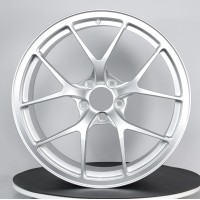
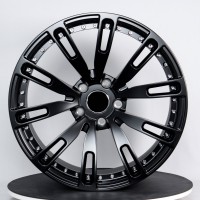
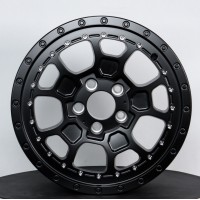
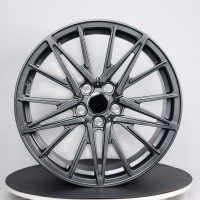
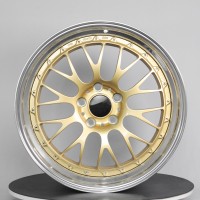
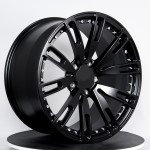
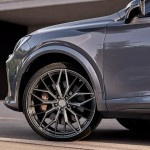

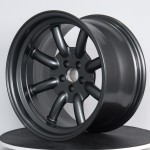
-300x300h.jpg)